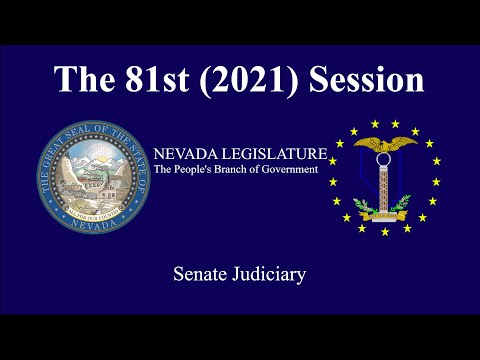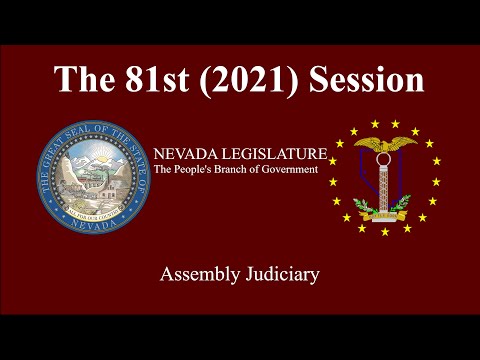By Diamante Asberry, ACLU of Nevada Communications Intern
As the Nevada Legislature approaches the final days of the 2021 session, housing justice advocates are disappointed by all the opportunities that legislators have left in the dust.
Nevada is in the midst of an unprecedented public health and economic crisis. Thousands of community members have faced evictions and housing instability because of the pandemic, and the Legislature has had plenty of chances to bring the people of our state real relief. Instead advocates and activists have watched as lawmakers caved to special interests and money over and over.
Nevada badly needs affordable housing, tenants’ rights, and eviction reform, and the Legislature must be held accountable for its failure to provide those protections.
Here are some housing justice bills that died in the Assembly this session:
Assembly Bill 310, sponsored by Assemblywoman Considine, aimed to revise provisions governing residential rental properties by having property managers register their rental properties so that there would be data on the rental market.
Assembly Bill 317, sponsored by Assemblywoman Gonzales, sought to prohibit source of income discrimination in landlord tenant law so that landlords could not refuse to rent based on public benefits.
Assembly Bill 332, sponsored by Assemblywoman Peters, aimed to require landlords to register with a state database and be more transparent with their tenants regarding rental increases.
Assembly Bill 331 and Assembly Bill 334 each sought to fund affordable housing development, but they were met with strong opposition from realtors. The bills were sponsored by Assemblywoman Marzola and Assemblywoman Summers-Armstrong, respectively.
Assembly Bill 449, sponsored by Assemblywoman Benitez Thompson, aimed to revise provisions regarding tax abatements to account for affordable housing.
Senate Bill 218, sponsored by Senator Ratti, sought to protect renters from predatory fees and create a 3-day grace period for paying rent.
There is still hope for housing justice reforms this session. The fates of Assembly Bill 141 and Assembly Bill 161, which both deal with eviction, are still uncertain. AB141 seals no-cause eviction records to help Nevadans secure housing during and after the pandemic, and AB161 creates an interim study to look at the summary eviction process.
The legislature must do better to protect Nevadans. Housing is a human right.
CONTACT YOUR REPRESENTATIVES AND MAKE YOUR VOICE HEARD
Date
Friday, May 14, 2021 - 2:45pmFeatured image





